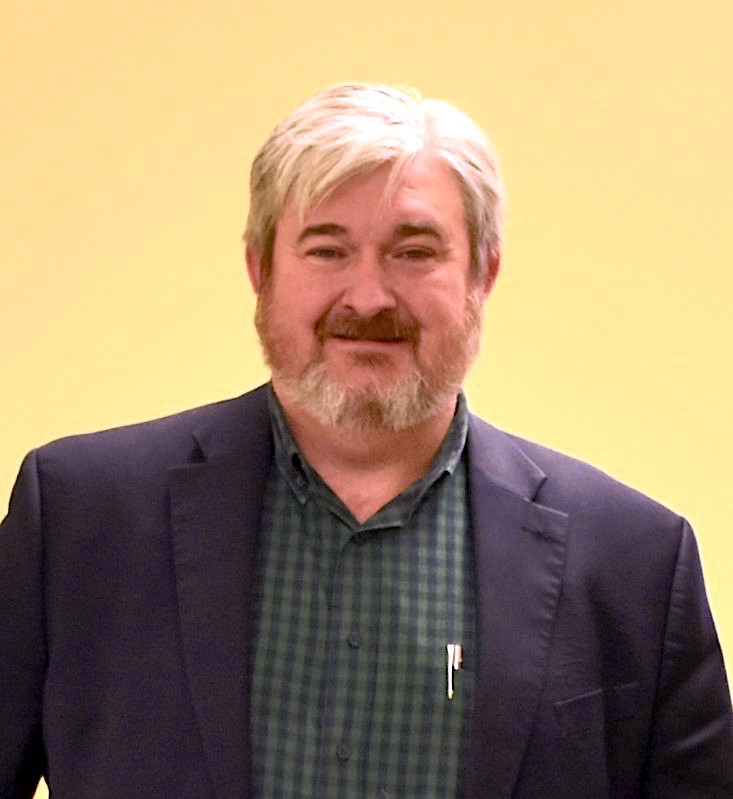If working in outreach and communications has taught me anything, it's that words can really set some people off. Take the word sustainable. Merriam-Webster’s Dictionary describes the meaning of this word as follows:
1: capable of being sustained
2a: of, relating to, or being a method of harvesting or using a resource so that the resource is not depleted or permanently damaged
2b: of or relating to a lifestyle involving the use of sustainable methods
Most of us would agree that the general idea of sustaining things is a pretty good one. But if you add the adjective “sustainable” to an ag commodity like beef, be prepared for some folks to give you an earful.
This is a shame, because whether we like it or not, there is a large segment of the consuming public willing to pay more for products that they can comfortably feel are produced in a “sustainable” fashion. And it’s been my experience that if enough people want something, the market will react to that demand. After all, when it comes to selling things, the customer is always right.
The good news is there are folks trying to get ahead of this curve and give farmers and ranchers the tools they need to meet this demand for sustainable products head on, and, for the most part, do it in ways that also help producers address many of our natural resource challenges, including climate change.
Recently, I had the chance to visit with Debbie Lyons-Blythe, a rancher from White City, Kan., and the incoming chair of the U.S. Roundtable for Sustainable Beef, an organization that has been working since 2015 to help all segments of the cattle industry improve and advance sustainable practices. According to Lyons-Blythe, the roundtable was formed “to assist farmers and ranchers, as well as everyone along the value chain, in looking at what is sustainability at your sector level, how can we continue to get better and then prove how we are already doing a great job.”
“Farmers and ranchers have always been focused on doing better, on being more efficient, especially with conservation measures on the land," Lyons-Blythe says. "It (sustainability) is just making sure that we’re doing those things right.”
The roundtable has established a self-assessment tool to help folks in the beef industry measure their operation against a base-line sustainability framework they created. The roundtable also established a series of informational tool kits to help folks better understand what they can do to improve the sustainability of their operation.
Most of the roundtable's recommendations to the beef industry closely line up with practices that, more often than not, are suggested for producers to consider when looking to better prepare themselves for the changing climate — things like better pasture management, prescribed fire, soil health practices, etc. These, by the way, are the same practices that most folks encourage producers to consider when they want to improve wildfire habitat, improve water quality and help their bottom line.
It all fits together. If you get a chance, check out the roundtable website. You should also check out our conversation with Debbie Lyons-Blythe here.
We all want to be sustainable. It's not a word we should be scared of.






